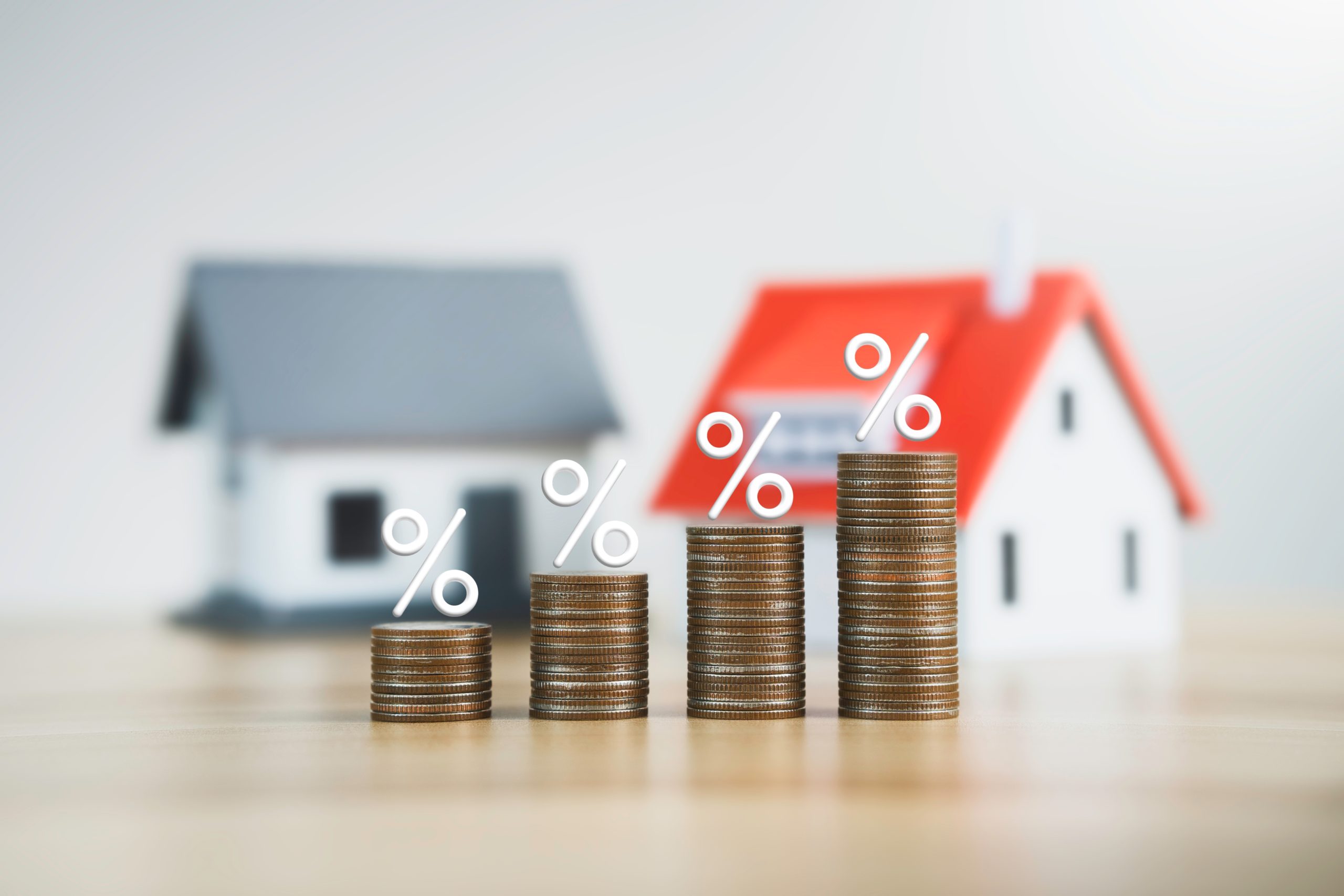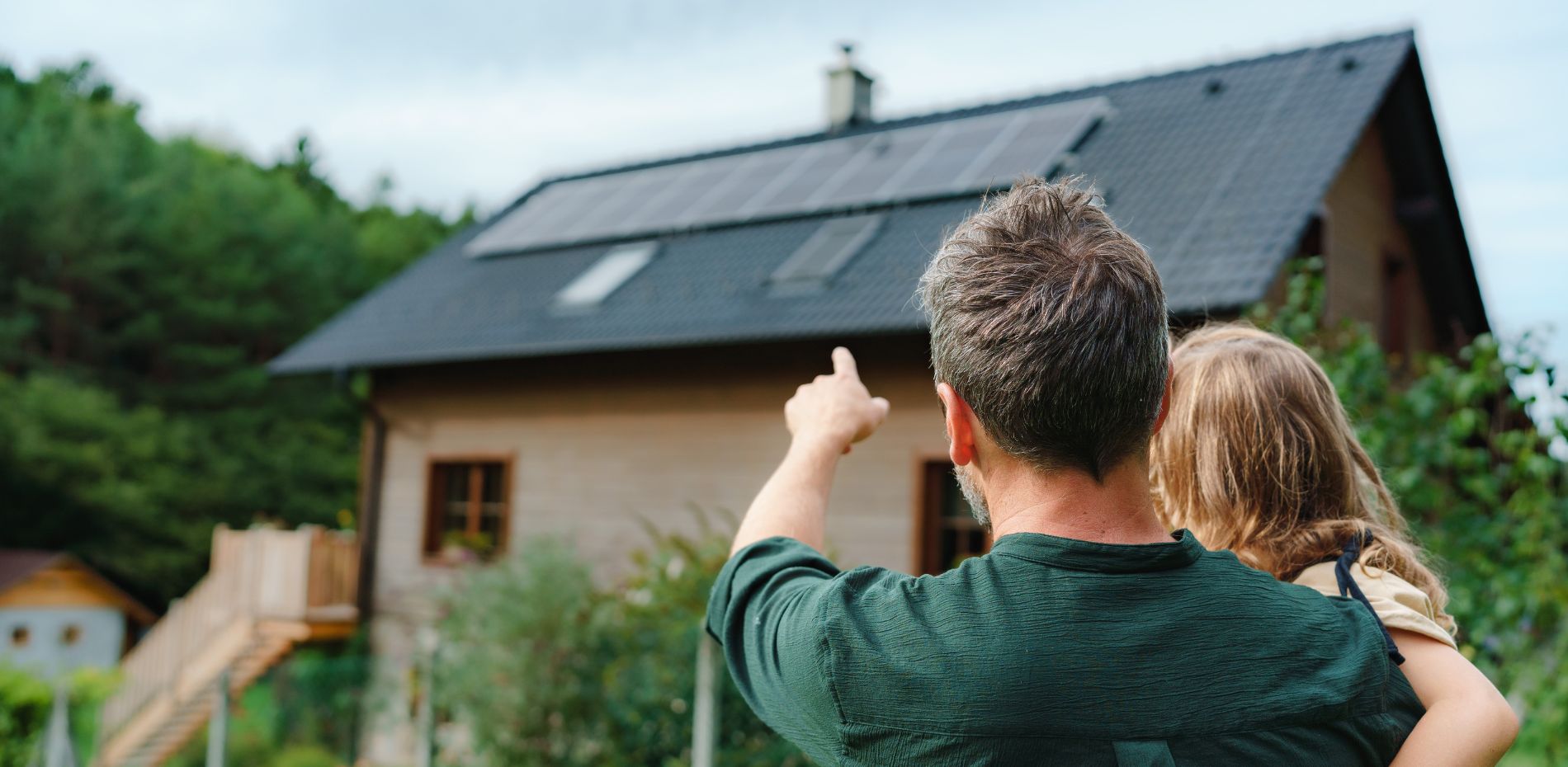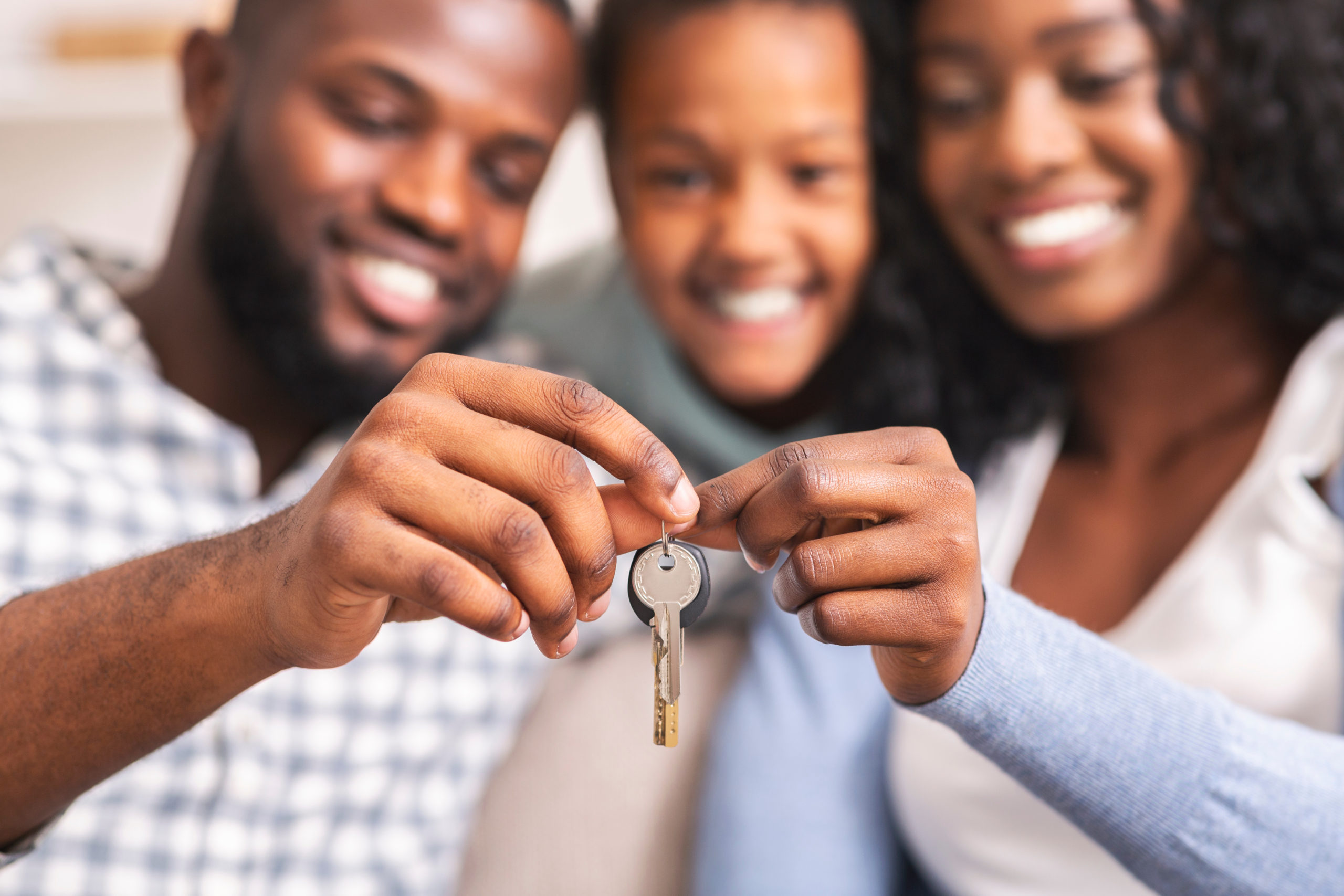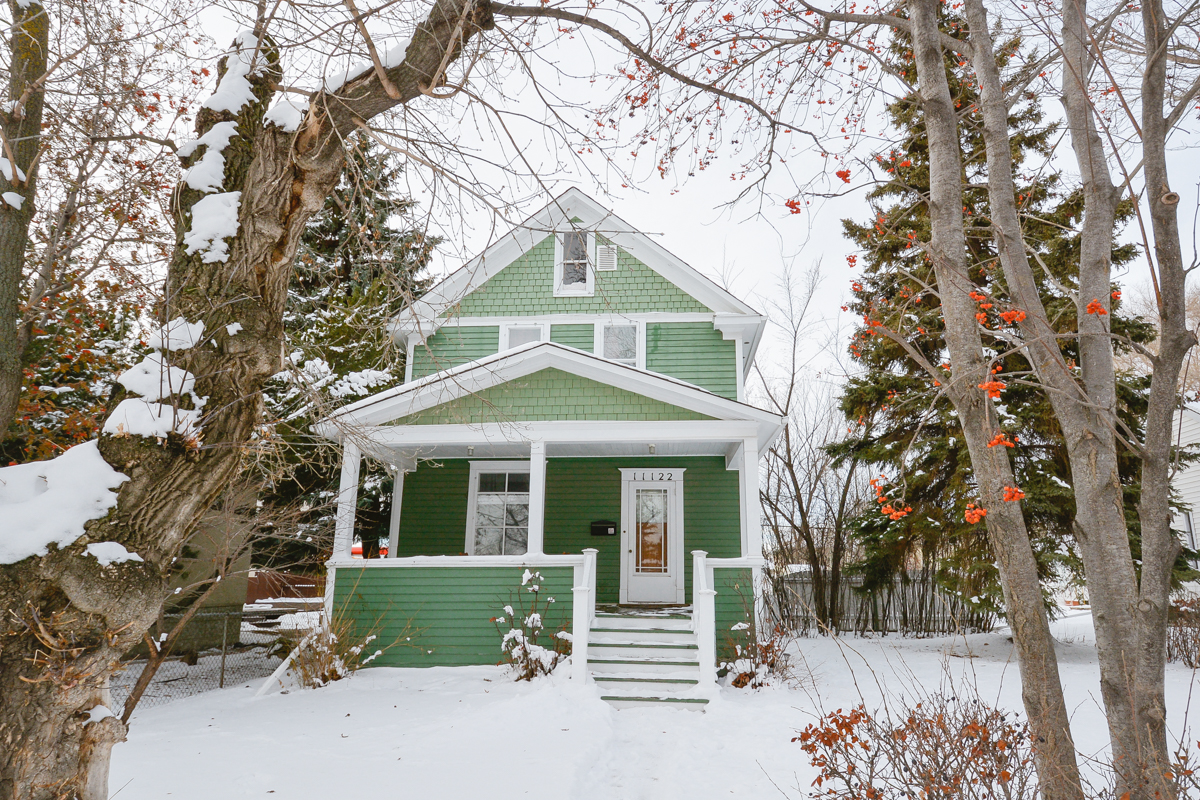
The Impact of Rising Interest Rates on Real Estate
As we approach the late months of 2023 and into 2024, the real estate market is poised for potential changes due to rising interest rates. Whether you’re considering buying or selling a property or have an upcoming mortgage renewal, understanding the effects of these interest rate shifts is crucial. This article delves into what rising interest rates mean for buyers, sellers, and homeowners during this period.
Effects on Buyers: Navigating Affordability Challenges
The increasing interest rates can have a significant impact on prospective home buyers. Higher rates mean increased borrowing costs, potentially reducing affordability for new buyers. However, strategies such as locking in rates and exploring different loan options can help mitigate the challenges.
Effects on Sellers: Adapting to Changing Market Dynamics
For sellers, rising interest rates can mean a potential slowdown in demand as higher mortgage costs may deter some buyers. To adapt, sellers must strategically price their properties and focus on marketing efforts to attract serious buyers.
Mortgage Renewals: Evaluating Financial Plans
Homeowners with mortgages up for renewal during this period should carefully consider their options. Rising interest rates could lead to higher monthly payments upon renewal. Exploring early renewal or refinancing can help homeowners manage potential financial impacts.
As the effects of rising interest rates can vary depending on your role in the real estate market, it’s essential to be prepared and informed. Let’s delve deeper into each scenario:
Effects on Buyers: Navigating Affordability Challenges
The prospect of higher interest rates may impact your purchasing power. To mitigate affordability challenges:
- Consider Fixed Rates: Fixed-rate mortgages can provide stability by locking in your interest rate. This shields you from potential rate hikes during the term of the loan.
- Explore Loan Options: Different loan types, such as adjustable-rate mortgages (ARMs), may offer lower initial rates. However, be cautious of potential rate adjustments in the future.
- alculate Your Budget: With higher rates, calculate how much you can afford in monthly payments, factoring in potential rate increases over time.
Effects on Sellers: Adapting to Changing Market Dynamics
Selling a property in a rising interest rate environment requires careful planning:
- Set Realistic Prices: Understand that buyers’ purchasing power might be reduced due to higher rates. Price your property competitively to attract serious buyers.
- Highlight Unique Features: Emphasize the unique selling points of your property to differentiate it in a potentially more competitive market.
- Be Patient: The sales process might take longer as buyers assess their options. Patience and effective marketing will be essential.
Mortgage Renewals: Evaluating Financial Plans
Homeowners facing mortgage renewals can take proactive steps:
- Review Terms: Understand the terms of your current mortgage and any potential rate adjustments upon renewal.
- Explore Early Renewal: Consider renewing your mortgage early to secure a lower rate before further increases.
- Refinancing: If you’re concerned about higher payments, explore refinancing options to secure a more favourable rate.
As interest rates rise in late 2023 and into 2024, the real estate landscape is set for changes. Buyers, sellers, and homeowners should be aware of the effects these shifts can bring. Buyers need to navigate affordability challenges, sellers must adapt to changing market dynamics, and homeowners should evaluate their financial plans. By understanding these impacts and being prepared, you can make informed decisions in the evolving real estate market. Remember, staying informed and seeking professional advice are crucial steps in making the best choices for your real estate journey.














